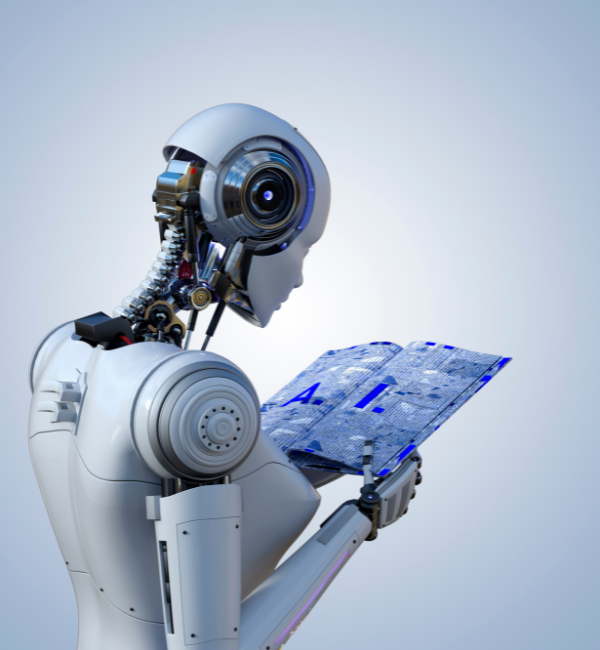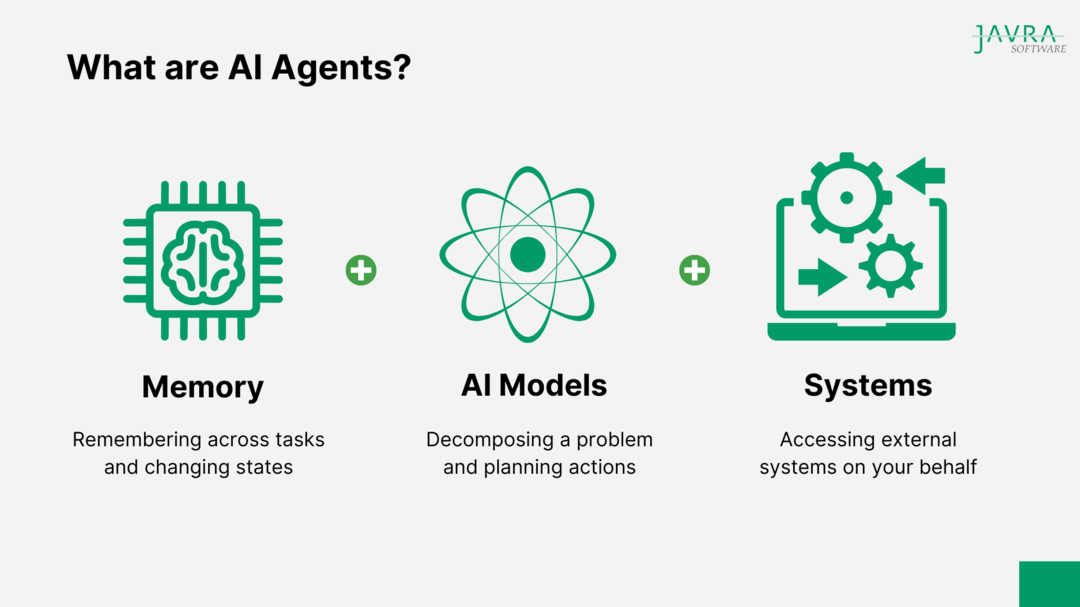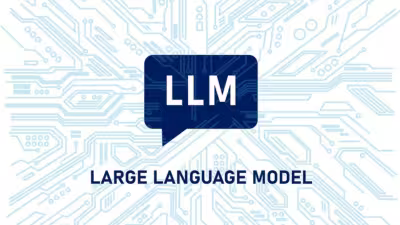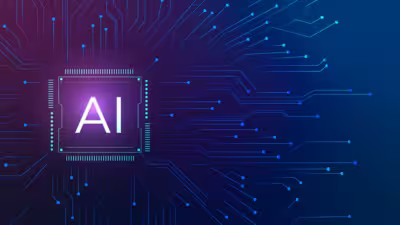
AI agents are poised to revolutionize every stage of the software development lifecycle:
Perception: Analyzing data from diverse sources – user input, sensor data, system logs, and even code repositories.
Reasoning: Making informed decisions based on predefined goals, constraints (e.g., budget, security policies), and contextual understanding.
Action: Executing tasks with minimal human intervention, such as code generation, testing, deployment, and system configuration.
Learning: Continuously improving their performance through machine learning, adapting to changing conditions and optimizing processes.

AI-driven development will bring significant changes across multiple areas:
Agent-Orchestrated CI/CD Pipelines: Automating and optimizing the entire deployment pipeline, from code commit to production release. This includes dynamic configuration adjustments, automated rollbacks, and intelligent orchestration of microservices.
Natural Language-Centric Development: Enabling developers to interact with the system using plain language. Imagine generating entire applications or adding features simply by describing the desired functionality.
AI-Powered Code Generation: Moving beyond boilerplate code to generating domain-specific applications tailored to precise business requirements, even in highly regulated industries.
Self-Healing Systems: Proactively identifying and resolving issues in production environments, minimizing downtime and improving system reliability through automated patching and fixes.
While AI agents will automate repetitive and resource-intensive tasks, the role of the developer will become more strategic and creative:
System Architect: Focusing on high-level design, creating modular and scalable solutions, and defining the overall system architecture.
AI Ethicist and Governance Expert: Ensuring that AI agents adhere to ethical guidelines, fairness principles, and security standards. This involves establishing clear governance frameworks and monitoring agent behavior.
AI-Agent Collaborator: Mastering the art of working alongside AI agents, providing guidance, and leveraging their capabilities to achieve common goals.
Innovation Driver: Freeing up time and resources to focus on creative problem-solving, exploring new technologies, and driving innovation.
Adopting AI-driven development comes with challenges, but proactive strategies can address them:
Trust and Transparency: Implement robust monitoring and auditing mechanisms to understand how AI agents make decisions and generate code. Use explainable AI techniques to enhance transparency.
Skills Gap: Invest in training and development programs to equip our team with the skills needed to work effectively with AI agents. Focus on areas like prompt engineering, machine learning fundamentals, and human-AI collaboration.
Security Vulnerabilities: Implement rigorous validation and monitoring processes to identify and mitigate potential security risks introduced by AI agents.
Job Displacement: Proactively reskill and upskill employees to adapt to the changing job market. Focus on creating new roles in areas like AI engineering, governance, and management.
AI agents will drive several groundbreaking developments:
Autonomous DevOps: AI agents completely managing infrastructure provisioning, scaling, and monitoring, paving the way for self-operating clouds.
Hyper-Personalization: Agents enabling developers to create ultra-customized software tailored to individual user needs.
AI-First Architectures: Applications designed with agents as primary actors, orchestrating workflows, interactions, and decisions.
Real-Time Collaboration Across Geographies: Agent-driven development facilitating real-time collaboration, allowing globally distributed teams to work seamlessly across time zones and languages.
The transition to agent-driven development represents a fundamental shift in how we approach software creation. By embracing these technologies, investing in our people, and proactively addressing the associated challenges, we can unlock unprecedented levels of productivity, innovation, and business value. The future belongs to those who can harness the power of AI agents to build smarter, more efficient, and more adaptable software solutions. This is our opportunity to lead the way.



